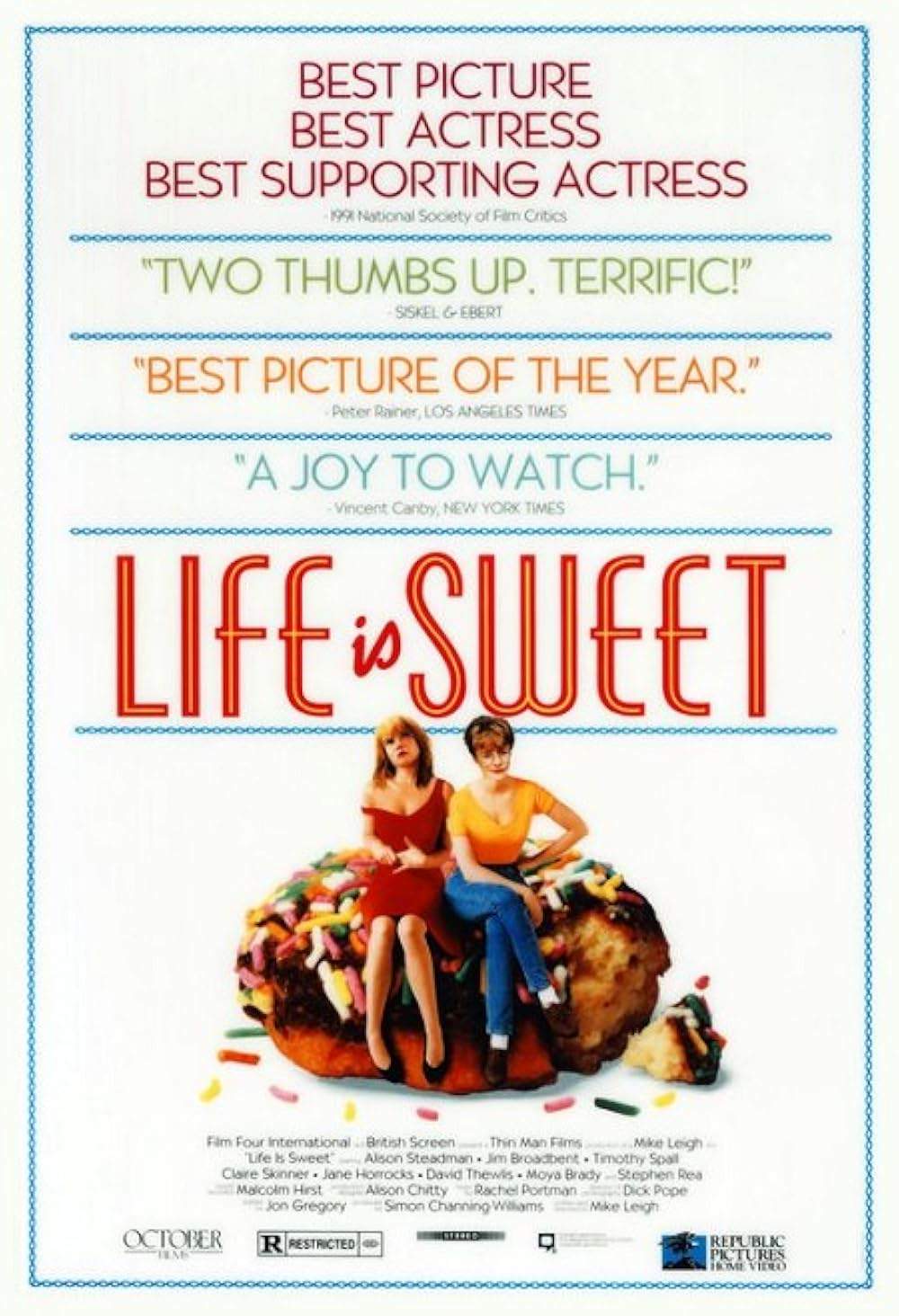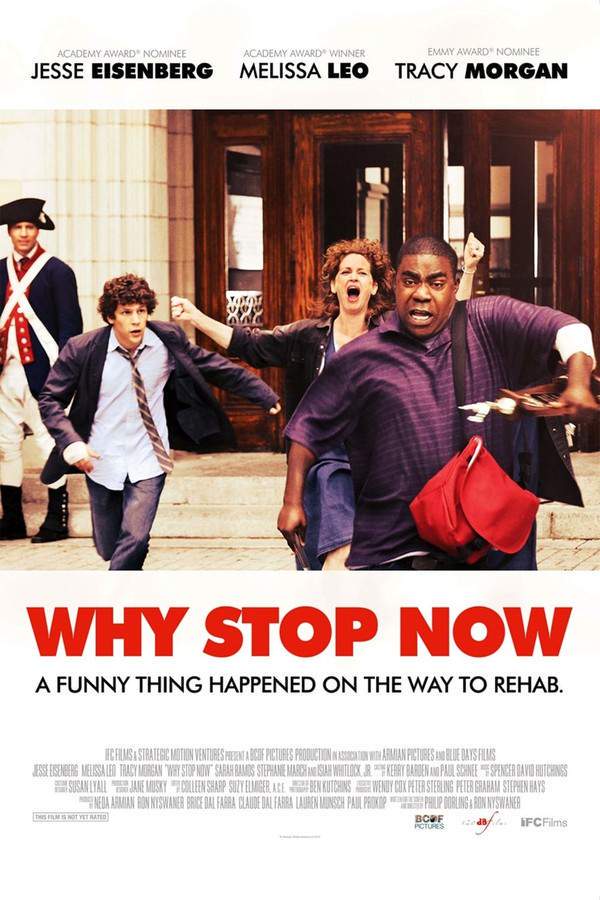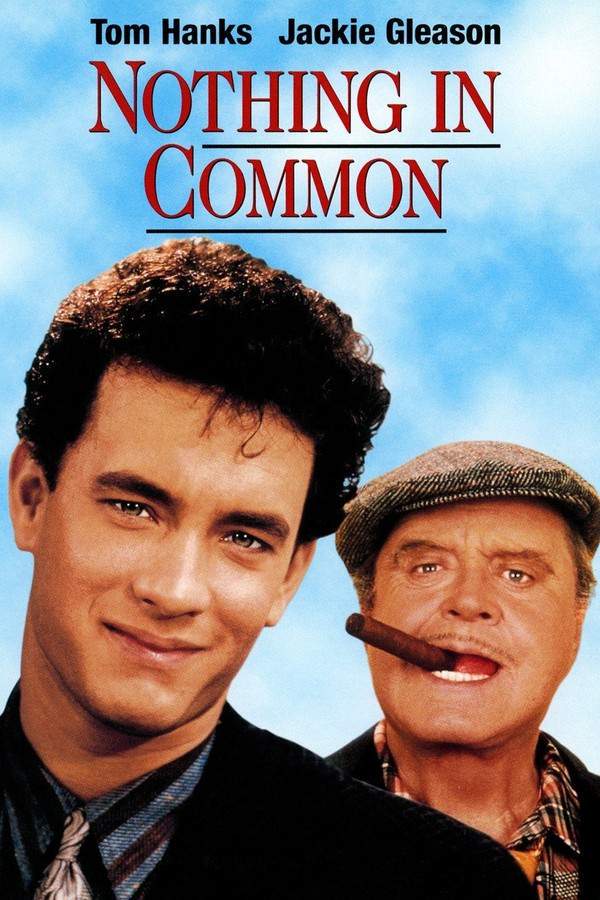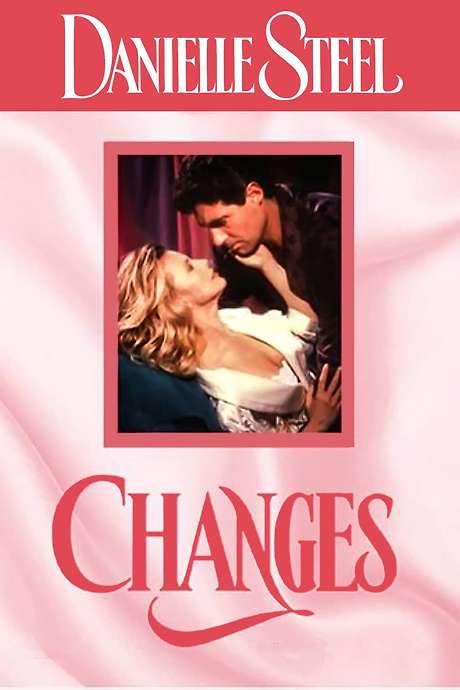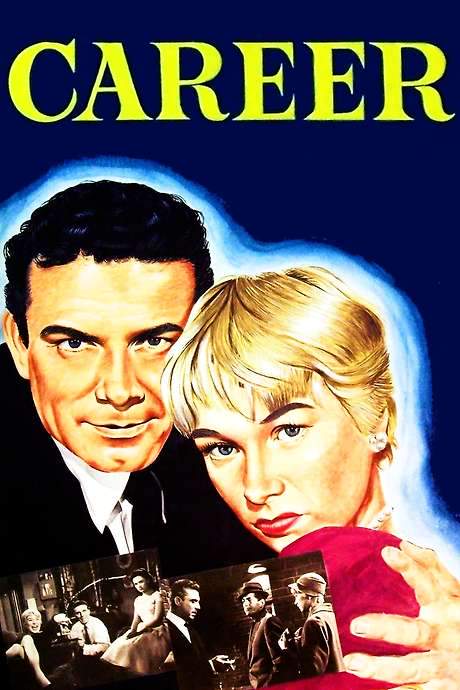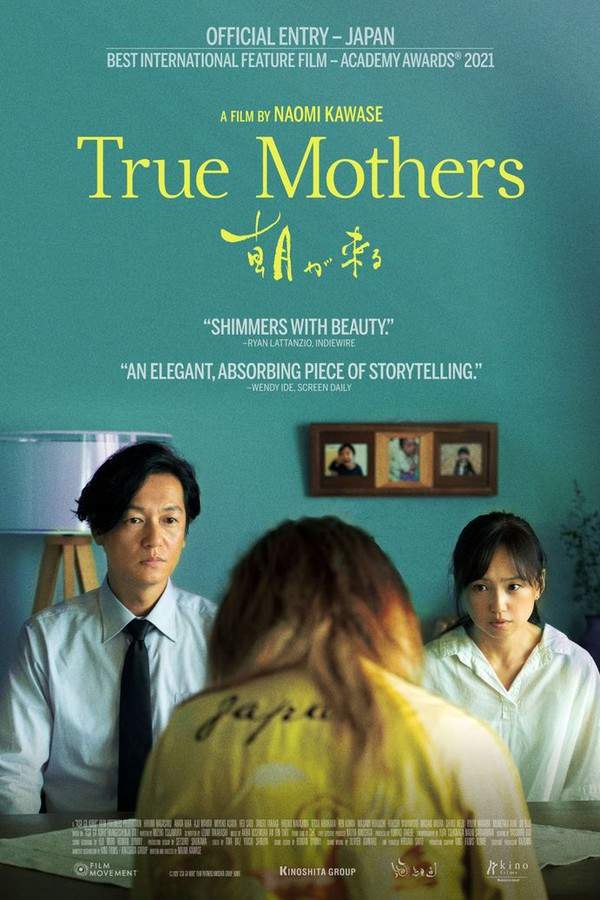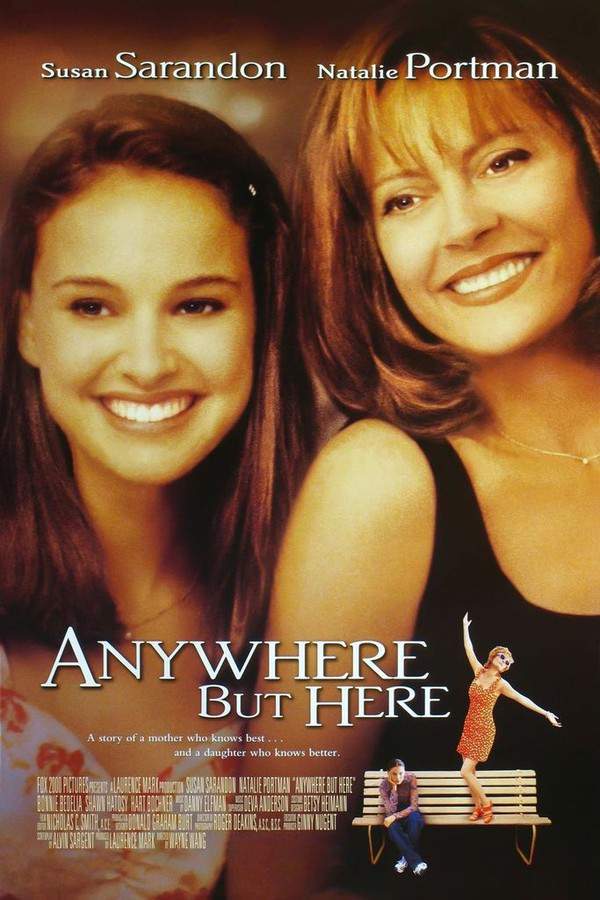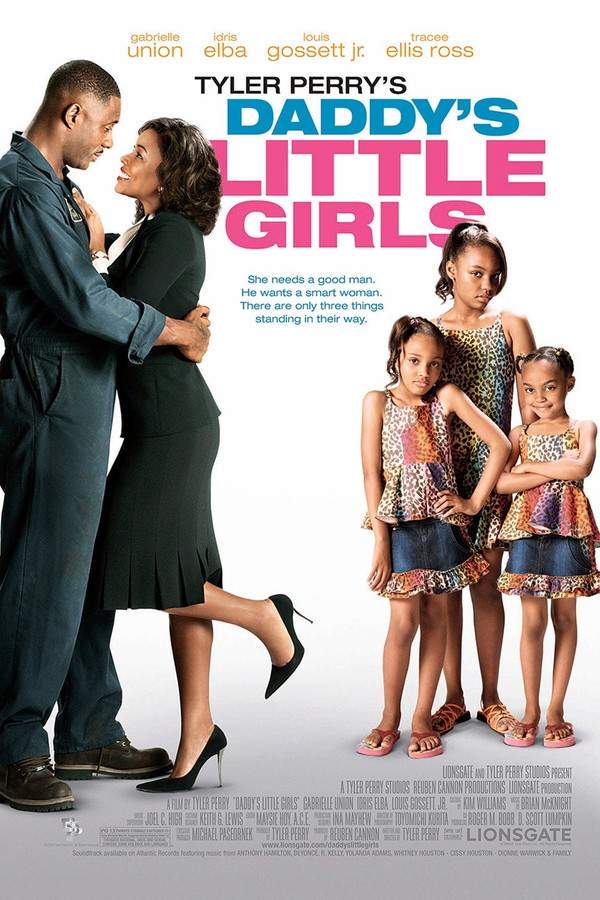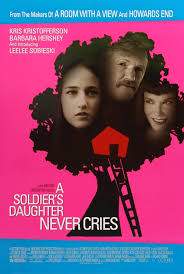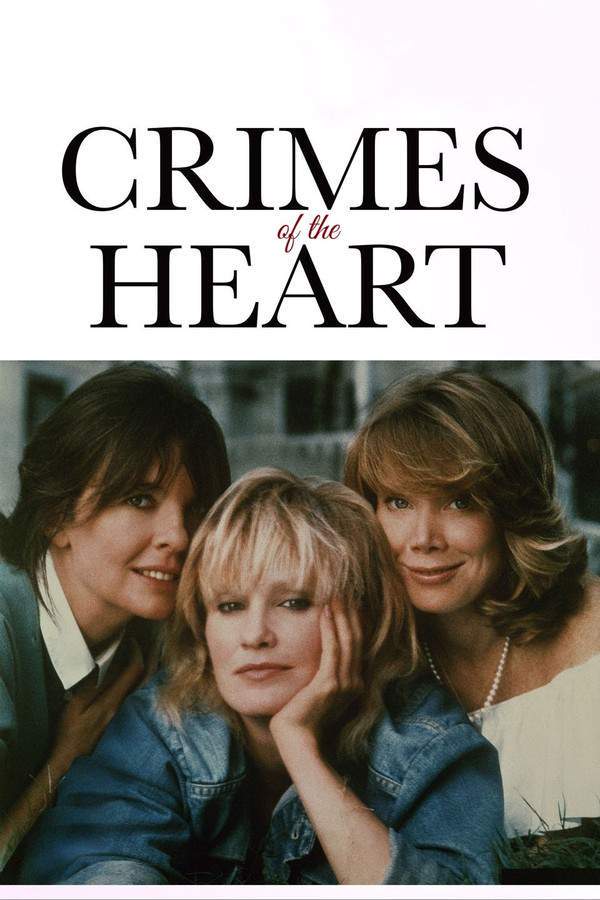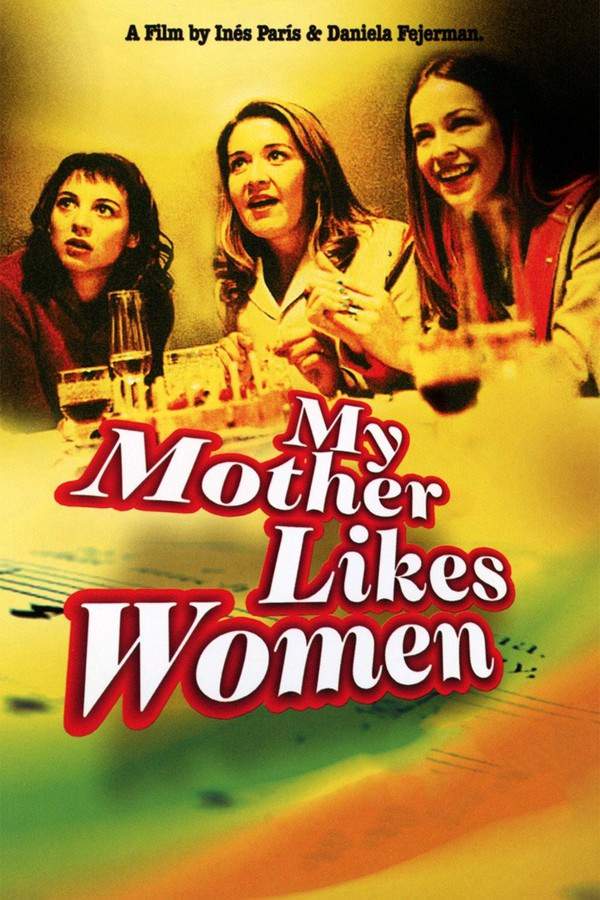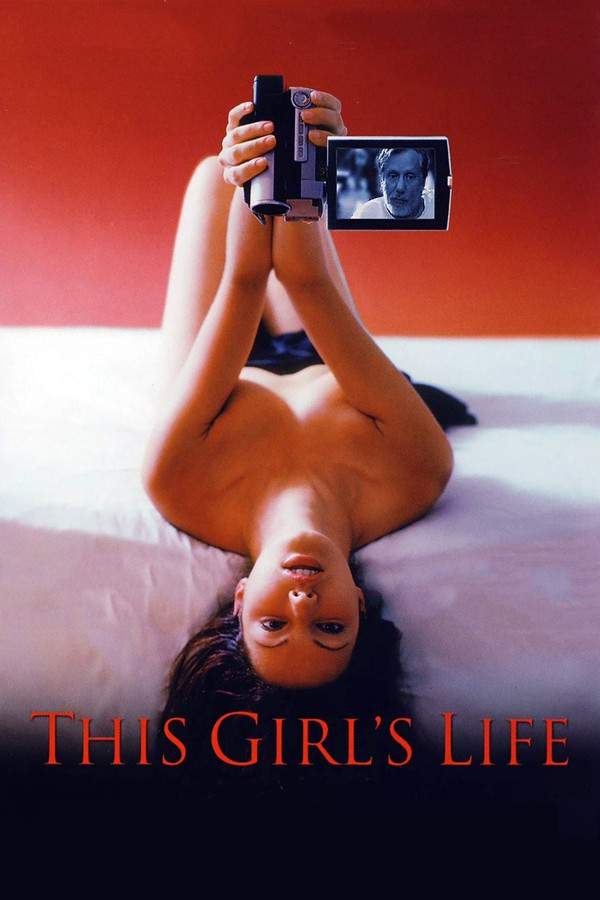
This Is My Life
Year: 1992
Runtime: 95 mins
Language: English
Director: Nora Ephron
At 10 p.m., Dottie Ingels, a single mother who sells cosmetics in a department store, still dreams of becoming a comedian. After inheriting money, she relocates with her children, Erica and Opel, to New York and begins performing in small clubs. Her agent, Arnold Moss, quickly makes her a national sensation, but as Dottie tours across the United States, her children stay home, feeling increasingly lonely.
Warning: spoilers below!
Haven’t seen This Is My Life yet? This summary contains major spoilers. Bookmark the page, watch the movie, and come back for the full breakdown. If you're ready, scroll on and relive the story!
This Is My Life (1992) – Full Plot Summary & Ending Explained
Read the complete plot breakdown of This Is My Life (1992), including all key story events, major twists, and the ending explained in detail. Discover what really happened—and what it all means.
Dottie Ingels [Julie Kavner] is a single mother in Queens who works at a Macy’s cosmetics counter but dreams of becoming a stand-up comedian. She and her two daughters—Erica [Samantha Mathis] Ingels and Opal [Gaby Hoffmann] Ingels—have lived with Dottie’s Aunt Harriet [Estelle Harris] ever since Dottie’s ex-husband walked out on them years earlier. Dottie clings to the hope of stardom even as the daily grind of paycheck-to-paycheck life keeps tugging her back, and the only place she can really try out her material is at the cosmetics counter itself, where the punchlines mix with blush tones and customer chatter.
When Harriet dies suddenly, Dottie inherits the house but makes a bold choice: sell the place and move to Manhattan to chase her dream full-time. She hones her look, dressing in polka-dots to stand out, and starts hitting the local clubs, where she unexpectedly finds kin among other struggling comics. A chance meeting with the eccentric mega-agent Arnold Moss [Dan Aykroyd]—arranged through his sharp and capable assistant Claudia Curtis [Carrie Fisher]—changes the trajectory of her career. Moss is impressed by Dottie’s energy and immediately books her a slot at one of the West Coast’s biggest showcases, the Comedy Shop on Sunset Strip, in Los Angeles.
Erica and Opal, who witnessed Moss’s napkin-eating moment during the show, are cautiously hopeful but skeptical about this new path for their mother. Dottie’s set translates into bookings, and she extends her trip for more opportunities, including a guest slot on a nationally syndicated late-night program, The Gary Garry Show. The sudden momentum feels exhilarating, but it also fractures the family’s rhythm. Dottie’s success comes with a price: a sense that she is choosing fame over being a present parent. After landing a well‑paid but cringe-worthy role—voicing a talking chicken in a commercial—Erica confronts Opal with a sharp truth: Dottie is “disgusting” for not being the kind of “regular mom” who prioritizes parenting over work.
As Dottie lands a residency offer for the Tropicana in Las Vegas, the kids’ skepticism hardens into anger. Moored in a conflict of loyalty and longing, Erica begins dating Jordan, a boy at school, while his endocrinologist mother walks in on them and uses the moment to lecture about safe sex with a life‑size model of the female reproductive system. Dottie’s ambivalent triumph becomes a source of tension: a chat-show appearance to promote the Las Vegas residency reveals how much she is willing to bend for her career, and the girls feel pushed aside, overhearing conversations that suggest she values her spotlight more than their lives.
The family takes a decisive turn when Dottie returns from a date with Moss and the girls confront her, prompting them to hire a private detective to locate Norm—Dottie’s estranged ex-husband—who now lives upstate in Albany. The girls soon meet Norm’s new wife, Martha, while awaiting their father’s return from his job. Norm shows little interest in reuniting with the daughters, and his laughter when they explain Dottie’s success only deepens their resolve to defend her. In a pivotal memory, Opal recalls Norm’s harsh remark the day he left the family, and Erica pieces together what he meant. The moment of truth comes when Erica reveals that Norm had actually said “frigid,” meaning “cold in bed,” and the siblings confront the painful history that colored their childhood.
Thoroughly disillusioned, the sisters reconcile with Dottie and acknowledge the sacrifices she has made for them, even as they debate how to move forward. Dottie apologizes for letting her career eclipse her daughters’ lives, and the trio closes the chapter with a new sense of unity. In a hopeful final note, Erica and Opal suggest that Dottie channel her experiences into a sitcom set in New York City about a single mother who works at a cosmetics counter in a department store—a story rooted in reality, but told with warmth, humor, and the possibility of a future where both career and family can coexist.
“probably turn out fidgety like Dottie.”
“frigid,” meaning “cold in bed.”
Last Updated: October 09, 2025 at 14:10
Explore Movie Threads
Discover curated groups of movies connected by mood, themes, and story style. Browse collections built around emotion, atmosphere, and narrative focus to easily find films that match what you feel like watching right now.
Movies about career vs family like This Is My Life
Stories where professional dreams are achieved at a poignant personal cost.If you enjoyed the heartfelt conflict in This Is My Life, explore more movies and dramas where characters grapple with the bittersweet trade-offs between professional ambitions and personal relationships. These films deliver similar emotional weight and satisfying resolutions.
Narrative Summary
The narrative pattern follows a protagonist's rise in their career, which creates a growing emotional distance from their loved ones. The central conflict arises from this neglect, building towards a climax that forces a reevaluation of what truly matters, often culminating in a reconciliation that acknowledges the sacrifices made.
Why These Movies?
Movies in this thread share a focus on the bittersweet tension between ambition and connection. They feature steady, character-driven pacing, medium emotional weight, and ultimately hopeful endings, creating a cohesive viewing experience centered on realistic, relatable life choices.
Mother-daughter relationship movies similar to This Is My Life
Emotional stories focusing on the complex, evolving bond between mothers and daughters.Fans of the mother-daughter story in This Is My Life will find more heartfelt dramas and comedies here. Discover films that explore the complexities, challenges, and ultimate strength of the bond between mothers and their daughters as they navigate life together.
Narrative Summary
These stories typically center on a rift in the mother-daughter relationship caused by external pressures, personal differences, or life changes. The narrative follows their separate emotional journeys, leading to a pivotal moment of understanding or crisis that paves the way for a renewed, more mature connection.
Why These Movies?
These films are grouped by their primary focus on the mother-daughter dynamic as the core emotional engine. They share a heartfelt, sometimes bittersweet mood, a steady pacing that allows for character development, and a thematic emphasis on coming-of-age and reconciliation.
Unlock the Full Story of This Is My Life
Don't stop at just watching — explore This Is My Life in full detail. From the complete plot summary and scene-by-scene timeline to character breakdowns, thematic analysis, and a deep dive into the ending — every page helps you truly understand what This Is My Life is all about. Plus, discover what's next after the movie.
This Is My Life Timeline
Track the full timeline of This Is My Life with every major event arranged chronologically. Perfect for decoding non-linear storytelling, flashbacks, or parallel narratives with a clear scene-by-scene breakdown.

Characters, Settings & Themes in This Is My Life
Discover the characters, locations, and core themes that shape This Is My Life. Get insights into symbolic elements, setting significance, and deeper narrative meaning — ideal for thematic analysis and movie breakdowns.

This Is My Life Spoiler-Free Summary
Get a quick, spoiler-free overview of This Is My Life that covers the main plot points and key details without revealing any major twists or spoilers. Perfect for those who want to know what to expect before diving in.

More About This Is My Life
Visit What's After the Movie to explore more about This Is My Life: box office results, cast and crew info, production details, post-credit scenes, and external links — all in one place for movie fans and researchers.

Similar Movies to This Is My Life
Discover movies like This Is My Life that share similar genres, themes, and storytelling elements. Whether you’re drawn to the atmosphere, character arcs, or plot structure, these curated recommendations will help you explore more films you’ll love.
Explore More About Movie This Is My Life
This Is My Life (1992) Scene-by-Scene Movie Timeline
This Is My Life (1992) Movie Characters, Themes & Settings
This Is My Life (1992) Spoiler-Free Summary & Key Flow
Movies Like This Is My Life – Similar Titles You’ll Enjoy
Life Is Sweet (1991) Ending Explained & Film Insights
This Girl's Life (2004) Movie Recap & Themes
I Got Life! (2017) Full Movie Breakdown
Two Lives Plus One (2007) Ending Explained & Film Insights
C’est La Vie (1990) Detailed Story Recap
That’s Life! (1986) Film Overview & Timeline
My Life’s in Turnaround (1994) Plot Summary & Ending Explained
It’s a Great Life (1929) Movie Recap & Themes
Life’s Just Great (1967) Detailed Story Recap
You Light Up My Life (1977) Full Summary & Key Details
In This Our Life (1942) Plot Summary & Ending Explained
My Life (1993) Complete Plot Breakdown
In My Life (1978) Full Summary & Key Details
Full of Life (1956) Detailed Story Recap
I Live My Life (1935) Movie Recap & Themes

